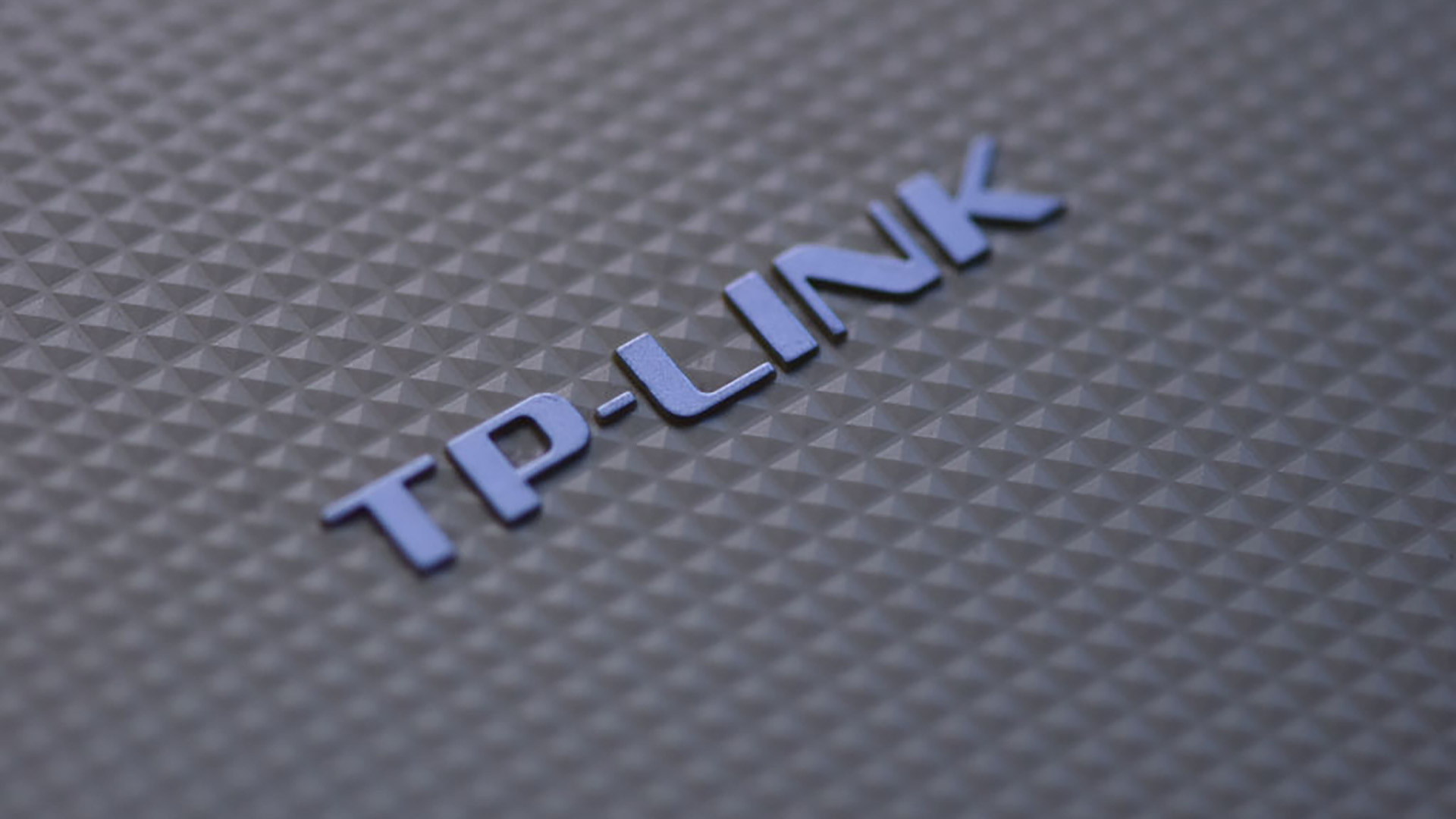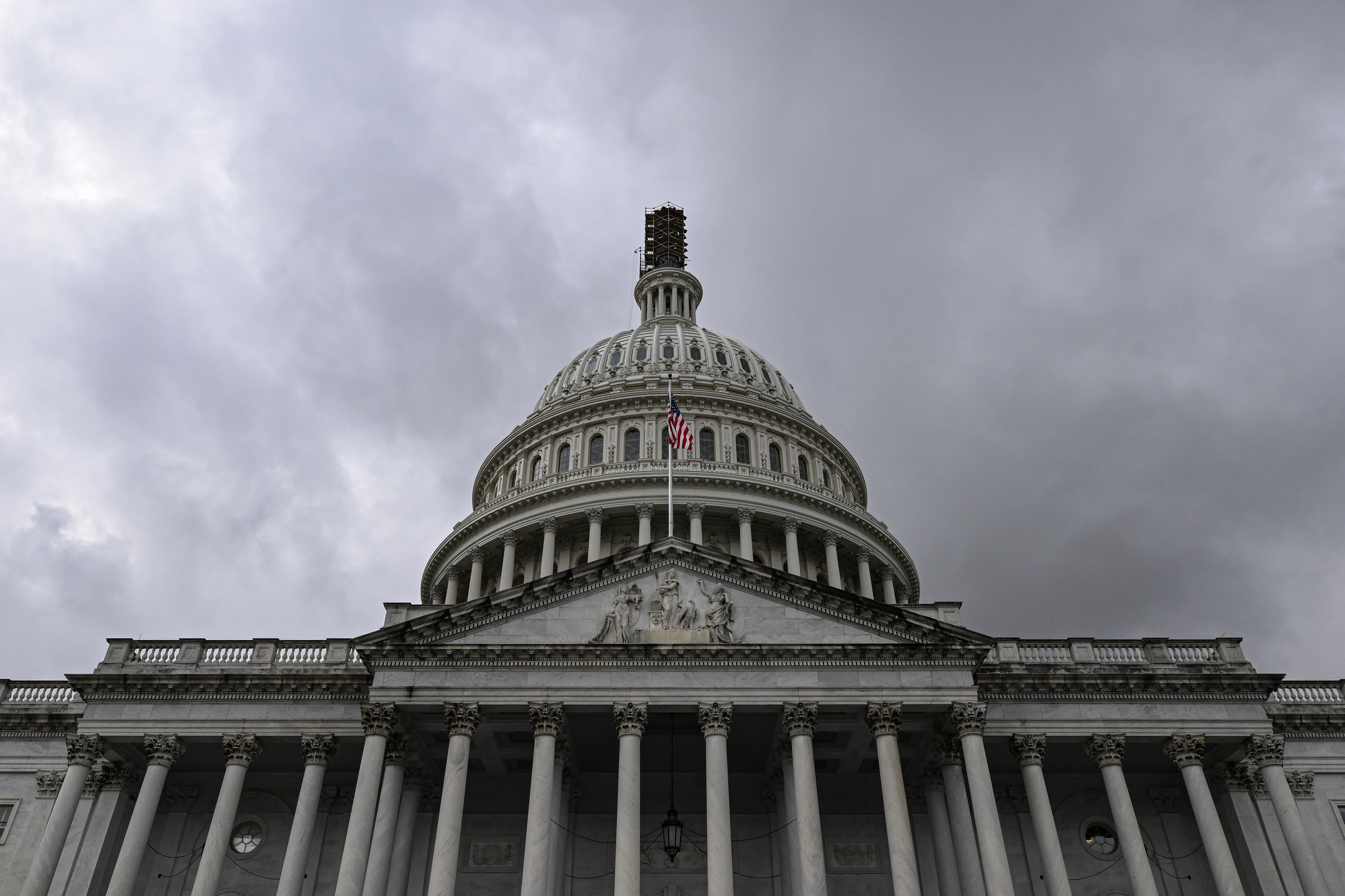US has 'no strategy' for dealing with Russian cyber attack, says McCain
Trump administration blasted by former candidate


Senator John McCain has warned that the US "[doesn't] have a strategy" for dealing with cyberwarfare tactics that may be employed by Russian, Chinese or North Korean agents, The Guardian reports.
Speaking at the Republican party's annual retreat in Philadelphia, he reiterated the commonly-held belief among the US intelligence community that "the Russians were trying to influence the outcome of our election", and warned that America wasn't ready to respond to similar attacks on elections in Europe.
Many EU countries - France and Germany chief among them - are facing a groundswell of support for far-right parties in the upcoming elections, and there are fears that Russia may use offensive cyber capabilities to propel these parties to victory.
McCain was vocally critical about the state of US cyber security, saying "we don't have a policy and we don't have a strategy". "It is the one aspect of our confrontation where I believe our adversaries are ahead of us," he added.
"Much of the investment in the west has been on cyber defence and monitoring, rather than offence; whether at a government level or within the enterprise space," agreed Piers Wilson, Huntsman Security's head of product management.
He cautioned, however, that the ends does not always justify the means. "Whether the US or any other nation, if we claim to hold 'Western' values, we may find ourselves unwilling to take courses of action that others might find more acceptable," he said. "We shouldn't compromise those values just to reset a perceived asymmetry."
Despite McCain's scorn, signs would suggest infosec is front-of-mind for the Trump regime; the president's foreign policy makes specific mention of using "cyberwarfare" to fight terrorist groups.
Get the ITPro daily newsletter
Sign up today and you will receive a free copy of our Future Focus 2025 report - the leading guidance on AI, cybersecurity and other IT challenges as per 700+ senior executives
However, there have also been recent indications that the personal security of Trump and his top aides may not be up to scratch. Eagle-eyed hackers recently spotted that Twitter accounts belonging to president Trump, vice president Mike Pence, the first lady and more were all vulnerable to security exploits due to a lack of basic protections including two-factor authentication and multi-stage verification.
By exploiting Twitter's password reset function, a hacker known as WauchulaGhost was able to ascertain the email addresses associated with these accounts, many of which were private accounts hosted by companies like Microsoft and Google.
Furthermore, TheNextWeb discovered that cabinet members and key advisors such as Steve Bannon, secretary of defense James Mattis and press secretary Sean Spicer were also vulnerable to the same tactics. Spicer also drew ridicule this week when he accidentally tweeted out an alphanumeric string that many suspected was his Twitter password.
Adam Shepherd has been a technology journalist since 2015, covering everything from cloud storage and security, to smartphones and servers. Over the course of his career, he’s seen the spread of 5G, the growing ubiquity of wireless devices, and the start of the connected revolution. He’s also been to more trade shows and technology conferences than he cares to count.
Adam is an avid follower of the latest hardware innovations, and he is never happier than when tinkering with complex network configurations, or exploring a new Linux distro. He was also previously a co-host on the ITPro Podcast, where he was often found ranting about his love of strange gadgets, his disdain for Windows Mobile, and everything in between.
You can find Adam tweeting about enterprise technology (or more often bad jokes) @AdamShepherUK.
-
 Asus ZenScreen Fold OLED MQ17QH review
Asus ZenScreen Fold OLED MQ17QH reviewReviews A stunning foldable 17.3in OLED display – but it's too expensive to be anything more than a thrilling tech demo
By Sasha Muller
-
 How the UK MoJ achieved secure networks for prisons and offices with Palo Alto Networks
How the UK MoJ achieved secure networks for prisons and offices with Palo Alto NetworksCase study Adopting zero trust is a necessity when your own users are trying to launch cyber attacks
By Rory Bathgate
-
 UK cyber experts on red alert after Salt Typhoon attacks on US telcos
UK cyber experts on red alert after Salt Typhoon attacks on US telcosAnalysis The UK could be next in a spate of state-sponsored attacks on telecoms infrastructure
By Solomon Klappholz
-
 Healthcare data breaches are out of control – here's how the US plans to beef up security standards
Healthcare data breaches are out of control – here's how the US plans to beef up security standardsNews Changes to HIPAA security rules will require organizations to implement MFA, network segmentation, and more
By Solomon Klappholz
-
 The US could be set to ban TP-Link routers
The US could be set to ban TP-Link routersNews US authorities could be lining up the largest equipment proscription since the 2019 ban on Huawei networking infrastructure
By Solomon Klappholz
-
 US government IT contractor could face death penalty over espionage charges
US government IT contractor could face death penalty over espionage chargesNews The IT pro faces two espionage charges, each of which could lead to a death sentence or life imprisonment, prosecutors said
By Ross Kelly
-
 US identifies and places $10 million bounty on LockBit, Hive ransomware kingpin
US identifies and places $10 million bounty on LockBit, Hive ransomware kingpinNews Mikhail Pavlovich Matveev was linked to specific ransomware attacks, including a 2021 raid on the DC police department
By Rory Bathgate
-
 Breach at US Transportation Department exposes 240,000 employee records
Breach at US Transportation Department exposes 240,000 employee recordsNews An investigation is underway into the breach, which affected former and current employee data
By Rory Bathgate
-
 2022 Public Sector Identity Index Report
2022 Public Sector Identity Index ReportWhitepaper UK Report
By ITPro
-
 IRS mistakenly publishes 112,000 taxpayer records for the second time
IRS mistakenly publishes 112,000 taxpayer records for the second timeNews A contractor is thought to be responsible for the error, with the agency reportedly reviewing its relationship with Accenture
By Zach Marzouk